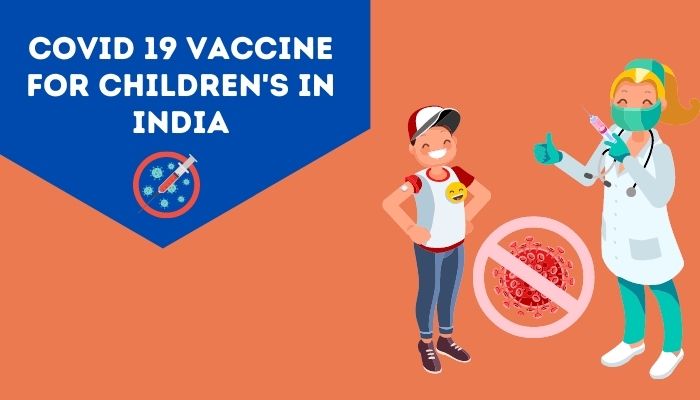Countries worldwide are finally beginning to open after the rollout of vaccines and seeing a downwards trend in COVID 19 cases. However, that does not mean the pandemic is over.
The coronavirus still poses a severe threat. The virus is constantly changing and emerging in new forms and versions. Coronavirus spreads through respiratory droplets, which makes this virus deadly in terms of its infection rates. It is essential to vaccinate yourself and take other precautions to protect yourself and your family from illness and death caused by covid-19.
What is Coronavirus?
Coronavirus (COVID-19) is a member of the virus family known to cause illness in humans and other animals. This viral family contains seven different viruses that have caused prior pandemics, such as SARS and MERS.Groups At Higher Risk
Early studies have indicated that people who are in the older age groups are mainly at a high risk of getting infected by the coronavirus. Other people who are at a higher risk of getting infected are –- People who are suffering from some medical condition. These medical conditions can include diabetes, heart disease, lung and liver problems.
- People who already have a weak immune system. People going through cancer treatments and therapy already have a weakened immune system, increasing their chance of being infected by covid-19. People who smoke and take substances also have a substantially weaker immune system which puts them at risk.
Symptoms of Coronavirus
Even with the current vaccination rollout, the epidemic is far from done. It's vital to be aware of any symptoms associated with covid-19, which include:- Sore Throat
- Body Ache
- Heartache
- Nausea
- Diarrhoea
- Coughing
- Fever
- Breath Shortness
- Congestion or Runny Nose
- Trouble While Breathing
How to Prevent Coronavirus
There are many different coronavirus prevention tips that you can follow to avoid getting infected by the virus. Some of them are –- Getting Vaccinated – In late 2020, many FDA-approved vaccines were released into the market for the general public. Vaccines can play a significant role in preventing virus-related deaths and illnesses. It is essential to get yourself vaccinated against covid-19 as soon as possible when you are eligible for the vaccine.
- Infection Rates – It is essential to know about the infection rates in your area before you step out. It would help if you kept yourself updated with all the vaccination and COVID-19 related data. Following trustworthy news sources can help you with this.
- Social Distancing – From what has been observed so far, the COVID-19 transmission is happening from person to person through air droplets. One of the best ways to break this chain of transmission is by maintaining or socially distancing from others around you in public places. Places that have good ventilation and are less crowded have less risk of spreading the coronavirus.
- Mask – Before you step out of your home, you must wear a mask as you can encounter people who might be already suffering from the coronavirus. A mask reduces the chance of you getting infected by the virus. It is mandatory to wear masks when going outside in many countries around the world in current times. Always have multiple masks with yourself in case your masks break off.
- Restricting Travels – One of the essential coronavirus prevention tips is that you should avoid traveling when necessary. Traveling in areas where infection rates are high or cases are seeing an upward trend in terms of their spread puts you at a higher risk of getting infected by the virus as well. Non-essential travel to local or international locations is not recommended by governments and various groups for coronavirus prevention. If you need to travel, you must do it by taking all kinds of precautions against COVID-19. Following home quarantine rules can also prevent the spread of the coronavirus.
- Washing Your Hands – Having good hygiene is very important for coronavirus prevention, as it reduces the spread of COVID-19. You should wash your hands with water and soap for at least 20-30 seconds, especially after coming home from outside or after sneezing or blowing your nose. Even if you are indoors or outdoors, it is essential to increase the frequency at which you wash your hands. You can also carry sanitizers if you cannot wash your hands with soap and water outside.
- Clean and Disinfect – It does not matter if you are at home or outside. Cleaning and disinfecting frequently touched surfaces is essential as covid transmission can also happen through surfaces. Frequently used surfaces include doorknobs, phones, etc.


